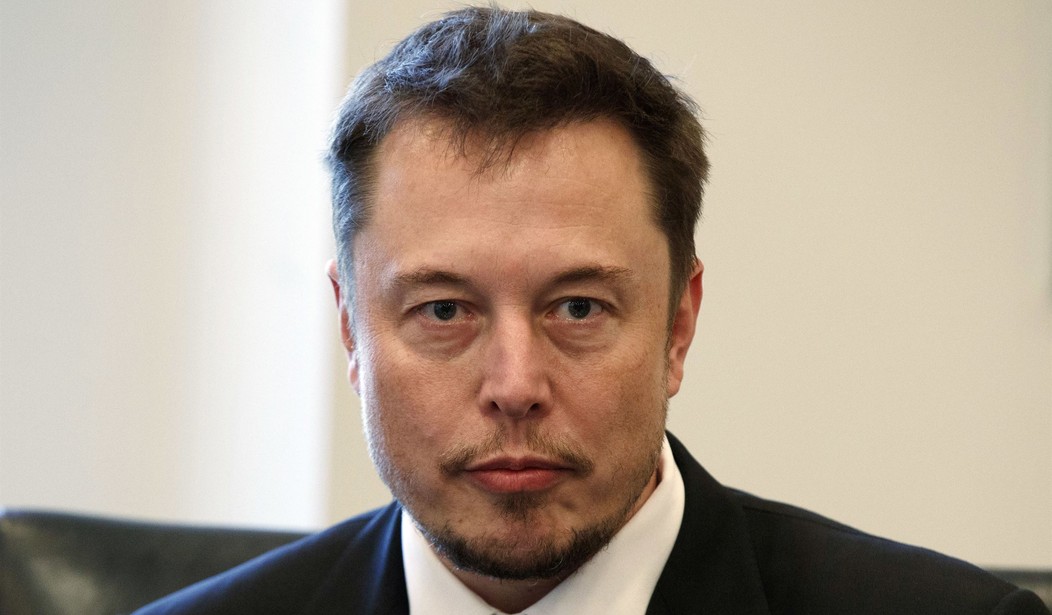From the moment we learned that Elon Musk had snapped up nearly ten percent of Twitter’s stock and accepted an invitation to join the company’s board of directors, we’ve been on a media roller coaster ride. It initially looked like he was having an immediate impact on corporate policy when the CEO, Parag Agrawal, announced that they were testing an edit button. There were also rumors of a panic or possible revolt among the staff at Twitter over Musk’s sudden invasion of their corporate borders.
But as with so many flashy stories that live almost entirely within the social media sphere, this one appeared to come crashing down last night, at least in part. Agrawal announced that Elon Musk had reconsidered and would no longer be taking a seat on the board. Agrawal offered some background as to the latest developments without offering a definite reason as to why Musk changed his mind. Musk himself remained silent about it, and as of this morning still hadn’t commented in his Twitter feed. (NBC News)
Billionaire Elon Musk has decided not to join the board of one of social media’s titans, Twitter, the San Francisco-based company’s CEO, Parag Agrawal, said Sunday night…
On Sunday Agrawal tweeted, “Elon has decided not to join our board.”
He included a memo he sent to the company that noted Musk would be subject to a background check and, once appointed, would have to be loyal to the financial interests of the company.
Here’s Agrawal’s announcement, including a letter explaining his version of what went on. Take careful note of the process he set forth for Musk to join the board.
Elon has decided not to join our board. I sent a brief note to the company, sharing with you all here. pic.twitter.com/lfrXACavvk
— Parag Agrawal (@paraga) April 11, 2022
Since Musk isn’t saying (yet), we may as well game out the various scenarios. With absolutely no inside information to confirm any of this, here are the possibilities I can see, ranked from the most promising for those interested in seeing some positive reforms at Twitter to the most disappointing.
1. He realized that being on the board won’t allow him to “influence” the reform process and he may have to execute a hostile takeover. We saw hints of this in Agrawal’s previous comments about how it’s the staff and the management at Twitter who set policy, not the board, though they are “open to input.” Perhaps it was made clear in the background that Musk wouldn’t be allowed to simply order Trump’s account to be reinstated or end the censorship of “misinformation” that actually turned out to be the open debate of unsettled issues. If he really wants reform, he might have to go into full piracy mode, buy 51% of Twitter’s stock and just start firing people. (Assuming he’s willing to drop that many billions of dollars into owning a company that rarely shows a profit.)
2. He panicked over Agrawal’s note that his actions will have to benefit all shareholders and could impact his own free speech online. We’ve seen in the past how Musk has dropped hints on Twitter about Tesla and his other companies, resulting in sudden swings in their share prices. (Swings that he almost always seems to mysteriously benefit from.) If being on the board would cap his ability to play those games or simply say things to show he’s having fun, that may have been a bridge too far.
3. He was worried about the background check that Agrawal was demanding. While it’s certainly standard practice for joining the board of directors at Twitter or any other large corporation, was there some reason Musk wouldn’t want to submit to the background check? That seems unlikely since he clearly had to go through such processes before, particularly to have SpaceX gain access to so many NASA facilities. But I suppose he might have seen it as an unwarranted invasion of his privacy?
4. He never planned to reform Twitter and this was all just a way to bag a quick $150 million by running up the stock prices after he bought in. This would be the most disappointing and hopefully it’s the most unlikely choice. But as noted above, he does have a history of (legally) playing games with the system to increase his own profits. The guy is a capitalist, after all. But he has thus far turned a profit of $156 million on his Twitter stock and the SEC may take a piece of that away if they find that he violated the rules by waiting too long to announce his investment and potential board membership. The guy is worth hundreds of billions. Would he really go through all of this just to scoop up “only” $150 million? That seems dubious.
Do any of those ring true for you? I would imagine that we’ll be hearing Musk’s side of the story soon. Personally, I hope that option number one is the real reason, but I could see at least two of the other three options playing some role in his decision.








Join the conversation as a VIP Member